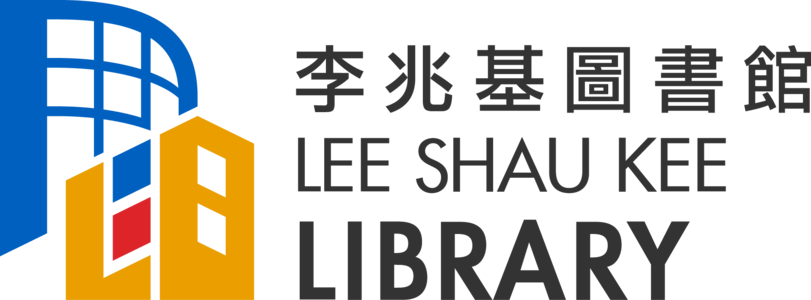To regulate the excessive pursuit of Science Citation Index indicators, China seeks to establish evaluation systems that based on scientific value other than just counting number of papers and citations.
Ten Guiding Principles
The Ministry of Education (MOE) in China released a notice titled《关于规范高等学校SCI论文相关指标使用 树立正确评价导向的若干意见》(Some Suggestions on Standardizing the Use of SCI Paper Indexes in Higher Educational Institutes and Establishing Correct Evaluation Orientation) in February this year.
MOE lays down ten principles to reform the current evaluation systems in higher education institutions. The document can be understood as discouraging academic institutions to use SCI Indicators as the direct basis for assessment on one hand; establishing new evaluating criteria and systems serving specific purposes on the other. The following are some of the key points.
Key Points
- The SCI-supremacy phenomenon has distorted many aspects of academic evaluation, including research publication, peer review, institutions ranking, recruitment, performance appraisal and degree awarding.
- Establish an evaluation system based on research type.
– Basic research should be evaluated by the resulting published papers based on originality and scientific value.
– Applied research is not to be assessed only by the resulting publications, but also its actual contributions in real life. - Improve the academic peer review system. Reviewers should be guided to provide their own professional opinions in the review process instead of relying on SCI indicators. Set up a reviewer credit system.
- Implement a “representative works” evaluation system. Evaluate research works by their contribution, innovativeness and impact.
- Reduce appraising subject fields and institutions through ranking.
“Papers Only” Evaluation Approach
About the same time, the Ministry of Science and Technology (MOST) issued a notice called《关于破除科技评价中“唯论文”不良导向的若干措施(试行)》(Some Measures to Eliminate the Bad Orientation of “Papers Only” in Science and Technology Evaluation (Trial).) The content of this document echoes with the MOE’s notice in many ways. Apart from criticizing the overemphasis of the number of publications, citation count and impact factor, which leads to the omission of the quality, contribution and impact of the research results, it also provides some concrete guidelines and targets such as the ones below.
Evaluate Research Publications by Representative Papers
In principle, representative works should not exceed 5 for a basic research project and a natural science award. For organizations such as national laboratories and basic research institutions, the limit can be increased to 20 and 40 in an evaluation cycle. In addition, at least one-third of the representative papers should be published in domestic journals.
Three Types of High-quality Papers
Encourage researchers to publish or present high-quality papers in domestic journals with international influence, recognized international first-class journals as well as top domestic and overseas academic conferences. These papers are named as “three types of high-quality papers.”
Create High-quality Domestic Journals and Tools
Build world-class sci-tech journals and English journals of high prestige. Establish a science citation index with Chinese characteristics and international impact.
Strengthen the Management of Articles’ Publication Cost
For publications produced out of a project of the National Scientific and Technological Plans, only the representative works and the “three type of high-quality papers” will be paid by the project fund. If the publishing cost exceeds RMB20,000, the corresponding author or the first author will have to pass a review process.
SCI indicators have been the dominating factors in academic evaluation for a long time, and their limitations are well known. The rules and guidelines laid down in these two documents, if fully implemented, will bring fundamental change in academic evaluation system and scholarly communication. China being the most prolific country in sci-tech publishing, the development of these new policies and the results of the trial are worth paying attention to.
References
New Chinese Policy Could Reshape Global STM Publishing.
Guest Post — How China’s New Policy May Change Researchers’ Publishing Behavior.
— By Poon Sau Ping, Research Support Services, Library
Views: 9601
Go Back to page Top
- Category:
- Evaluation and Ranking
Tags: China, evaluation, SCI
published April 7, 2020
last modified March 11, 2022


